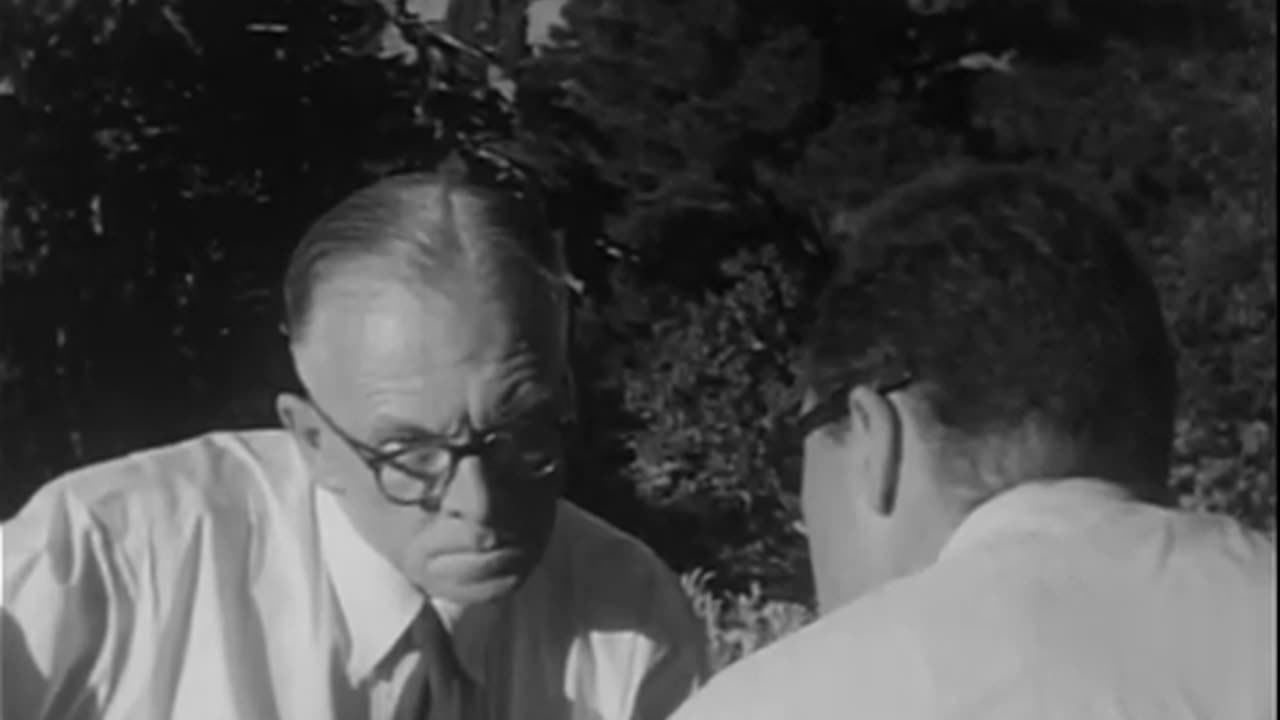Premium Only Content

The struggle is still real
Understanding Apartheid: Examining South Africa's Racial Segregation Policy
Title: The Dark History of Apartheid: Unveiling the Truth Behind South Africa's Racial Segregation Policy
Apartheid, a word that sends shivers down the spine of anyone who knows its history. This policy of racial segregation, which was enforced in South Africa from 1948 to 1994, has left a dark stain on the country's past. A system that promoted unequal treatment and discrimination based on race, it brought about immense suffering and hardship for the black population in South Africa. Despite being abolished over two decades ago, the effects of apartheid can still be felt in the country today. Let's delve deeper into the history of apartheid and understand its impact on South Africa.
Origins of Apartheid
Apartheid, which translates to "separateness" in Afrikaans, was a policy put forth by the National Party in South Africa. The party, which mainly consisted of white Afrikaners, aimed to secure their dominance over the black majority population in the country. They viewed black people as an inferior race and believed that a separate society for each race would be beneficial for everyone.
In 1957, a film was made exploring apartheid in South Africa. It showed the stark realities of this policy, from segregated living spaces to discriminatory laws and practices. The footage included interviews with black leaders, shedding light on the struggles they faced under apartheid.
Impact on Black Population
Under apartheid, black people were stripped of their basic human rights and subjected to segregation and discrimination in all aspects of life. They were forced to live in designated areas known as "locations" or townships, away from white communities. These locations lacked basic amenities such as proper housing, healthcare, and education facilities.
In urban areas, black people were not allowed to own land or property. They were employed as cheap labor for white-owned businesses and industries. Even in the workplace, they were paid significantly lower wages than their white counterparts for the same work.
The pass laws, which were introduced in the 1950s, required all black people to carry a passbook or "dompass" at all times. This document contained personal information and movement restrictions, and anyone found without their passbook could be arrested and detained.
Protests and Resistance
Despite the oppressive conditions, the black population in South Africa fought against apartheid through various forms of resistance. In 1957, a protest march by 400 African women in Nelspruit gained national attention. These women, who had long been more militant in their resistance to apartheid than men, were protesting against the pass laws and the hardships imposed on them.
The Black Sash was a resistance movement formed by white women in response to the Nationalist government's attempt to expand the size of the Senate. They believed this to be a legal trick and against the spirit of the Constitution. White women played a crucial role in the anti-apartheid movement, challenging societal norms and risking their privileges to fight for equality.
Religion and Apartheid
The Dutch Reformed Church was the largest church denomination in South Africa during apartheid, with both white and non-white members. The church played a significant role in promoting and justifying apartheid. In an interview with Domin Adrien Berruer, Secretary of the Federal Council of Dutch Reformed Churches, he expressed his belief in apartheid as a way of life.
However, there have been debates about whether apartheid goes against Christian morals and values. The church claimed to be working towards the christianization of non-white people by building their churches and giving them leadership opportunities. But in reality, it only perpetuated segregation and discrimination.
End of Apartheid
After decades of protest and international pressure, apartheid was eventually abolished in South Africa in 1994. The first democratic elections were held, and Nelson Mandela, a prominent anti-apartheid activist, became the first black president of the country.
Although apartheid was officially abolished, its effects still linger in South Africa today. The legacy of this policy is evident in the socioeconomic disparities between different racial groups in the country. The black community still faces discrimination and struggles to access basic resources and opportunities.
Final Thoughts
Apartheid may have officially ended, but its impact on South Africa's history cannot be forgotten. It was a dark time that brought about immense suffering for the black population, and its effects are still felt today. Understanding the history of apartheid is essential in acknowledging and addressing the ongoing inequalities in South Africa.
As a society, we must continue to educate ourselves and others about the harmful effects of segregation and discrimination. Only by acknowledging the mistakes of our past can we move forward towards a more equitable and just future. Apartheid may have left a dark stain on South African history, but it also serves as a reminder of the strength and resilience of those who fought against it. Let us never forget their bravery and continue to work towards a more equal world for all races.
-
 16:30
16:30
SNEAKO
18 hours agoNO FRIENDS IN THE INDUSTRY.
116K40 -
 6:19
6:19
BlackDiamondGunsandGear
1 day agoHow Fat Guys can Appendix Carry
80.6K10 -
 6:58
6:58
Gun Owners Of America
1 day ago2024 Was Huge For Gun Rights, Here's Our Top 10 Wins!
65.9K4 -
 15:50
15:50
Degenerate Jay
1 day ago $2.57 earnedJames Bond Is Being Ruined By Amazon? Make Him A Black Gay Woman?
49.4K11 -
 15:18
15:18
DeVory Darkins
1 day ago $20.94 earnedTrump Drops NIGHTMARE Warning on Joe Biden
64.4K106 -
 36:13
36:13
The Why Files
1 month agoAlien Implants Vol. 1: Devil’s Den UFO Encounter: What Was Found Inside Terry Lovelace?
86.6K41 -
 9:03
9:03
Alabama Arsenal
2 days ago $0.97 earnedAAC HUB 2K | Modern Features, Iconic Classic Looks
22.6K1 -
 13:49
13:49
Dermatologist Dr. Dustin Portela
2 days ago $1.57 earnedDermatologist Reveals the Worst Things To Do To Your Skin
17.8K12 -
 1:02:24
1:02:24
PMG
1 day ago $0.69 earned"Hannah Faulkner and Jamie Villamor | DEFEND, INSPIRE, INFLUENCE"
13.9K -
 44:27
44:27
BIG NEM
22 hours agoWOULD YOU RATHER? Live Stream
9.08K1